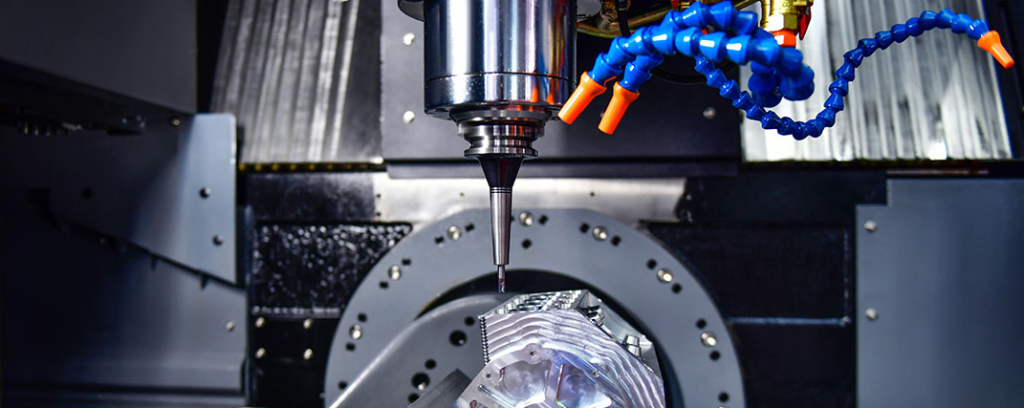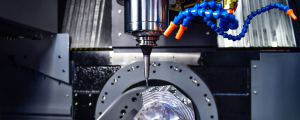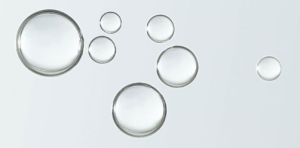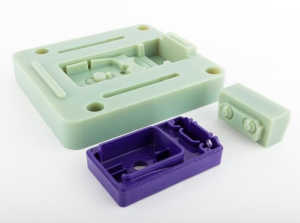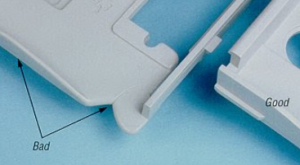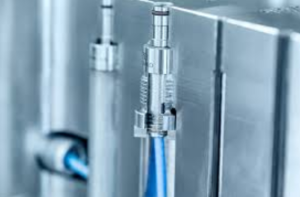CNC (Computer Numerical Control) machining technology has revolutionized modern manufacturing, offering unparalleled precision, efficiency, and versatility. This advanced technology allows manufacturers to produce complex and intricate parts with exceptional accuracy. In this article, we will delve into the intricacies of CNC machining technology, its benefits, applications, and future trends, providing valuable insights for those looking to leverage this technology in their manufacturing processes.
What is CNC Machining Technology?
CNC machining technology involves the use of computer-controlled machines to perform a variety of manufacturing tasks such as cutting, drilling, milling, and turning. The process begins with a CAD (Computer-Aided Design) model, which is then converted into a CAM (Computer-Aided Manufacturing) program. This program controls the movement of the machine’s tools and precisely removes material to create the desired shape.
Benefits of CNC Machining Technology
- High Precision and Accuracy
- Tight Tolerances: CNC machines can achieve extremely tight tolerances, making them ideal for applications requiring high precision.
- Consistent Quality: Automated control ensures consistent quality across multiple parts, reducing the risk of human error.
- Increased Efficiency and Productivity
- Automated Operations: CNC machines can run continuously and perform complex tasks without the need for constant human supervision.
- Reduced Setup Time: Once programmed, CNC machines can quickly switch between tasks, reducing setup time and increasing throughput.
- Versatility
- Wide Range of Materials: CNC machines can work with various materials, including metals, plastics, composites, and more.
- Complex Geometries: Capable of producing intricate shapes and complex geometries that would be difficult or impossible with manual machining.
- Cost-Effective Production
- Reduced Labor Costs: Automation reduces the need for skilled labor, lowering overall production costs.
- Minimized Waste: Precision machining minimizes material waste, further reducing costs.
Applications of CNC Machining Technology
- Aerospace Industry
- Precision Components: Manufacturing of precision components such as turbine blades, aircraft structural parts, and engine components.
- Complex Assemblies: Production of complex assemblies that require high precision and tight tolerances.
- Automotive Industry
- Engine Parts: Creation of engine components, transmission parts, and other automotive parts.
- Prototyping: Rapid prototyping of new designs and components.
- Medical Industry
- Surgical Instruments: Manufacturing of surgical instruments, implants, and prosthetics with high precision.
- Dental Applications: Production of dental crowns, bridges, and other dental appliances.
- Consumer Goods
- Custom Products: Creation of custom and high-end consumer products such as jewelry, watches, and electronics.
- Home Appliances: Production of components for home appliances and other consumer electronics.
Future Trends in CNC Machining Technology
- Increased Automation and AI Integration
- Smart Manufacturing: Integration of AI and machine learning to optimize machining processes, predict maintenance needs, and improve overall efficiency.
- Autonomous Machines: Development of fully autonomous CNC machines capable of self-adjusting and optimizing their operations.
- Enhanced Connectivity
- IoT Integration: Connecting CNC machines to the Internet of Things (IoT) for real-time monitoring, data collection, and predictive maintenance.
- Cloud-Based Control: Remote monitoring and control of CNC machines through cloud-based platforms.
- Advanced Materials and Techniques
- Hybrid Manufacturing: Combining CNC machining with additive manufacturing (3D printing) to create complex parts with enhanced properties.
- New Materials: Development of new materials specifically designed for CNC machining, offering improved performance and durability.
- Sustainability and Energy Efficiency
- Green Manufacturing: Adoption of eco-friendly practices and materials to reduce the environmental impact of CNC machining.
- Energy-Efficient Machines: Development of energy-efficient CNC machines that consume less power and reduce operational costs.

As a leading mold injection manufacturer in China, we deliver superior molds for various industries. Our state-of-the-art facilities and expert team ensure top-notch quality and timely delivery. Contact us now for a competitive quote!
Key Considerations for Implementing CNC Machining Technology
- Machine Selection
- Capabilities: Choose machines that match the specific requirements of your applications, including the number of axes, spindle speed, and power.
- Size and Work Envelope: Ensure the machine’s size and work envelope are suitable for the parts you intend to produce.
- Software and Programming
- CAD/CAM Software: Use advanced CAD/CAM software to create detailed models and efficient machining programs.
- Simulation and Testing: Run simulations and test programs to identify potential issues and optimize machining processes before actual production.
- Operator Training
- Skilled Workforce: Employ skilled operators who are trained in CNC machining techniques and best practices.
- Continuous Training: Provide ongoing training to keep operators updated with the latest technologies and methodologies.
- Maintenance and Upkeep
- Regular Maintenance: Implement a regular maintenance schedule to ensure the machines operate at peak performance.
- Spare Parts and Support: Keep an inventory of essential spare parts and ensure access to technical support when needed.
Conclusion
CNC machining technology is a cornerstone of modern manufacturing, offering unparalleled precision, efficiency, and versatility. Its applications span across various industries, from aerospace and automotive to medical and consumer goods. By understanding the benefits and future trends of CNC machining technology, manufacturers can optimize their processes, reduce costs, and achieve superior results. As the technology continues to evolve, embracing these advancements will be key to staying competitive in the ever-changing manufacturing landscape.
Related Conten: CNC Injection Mold Manufacturing

